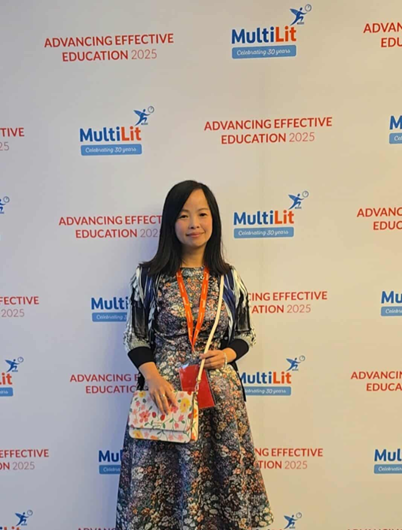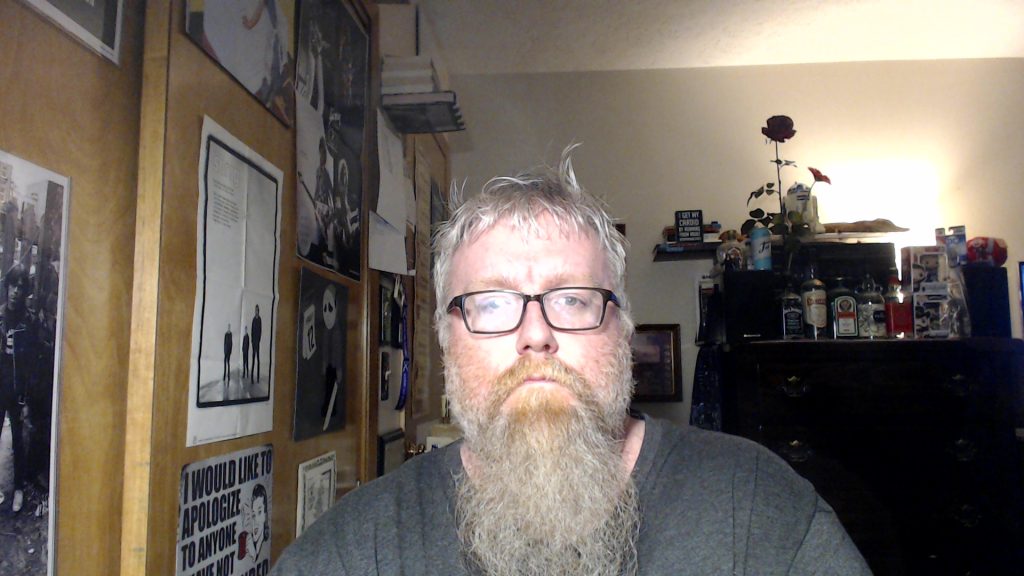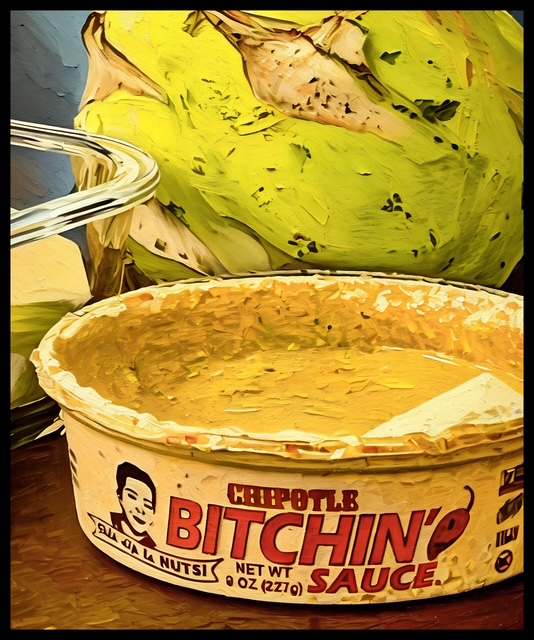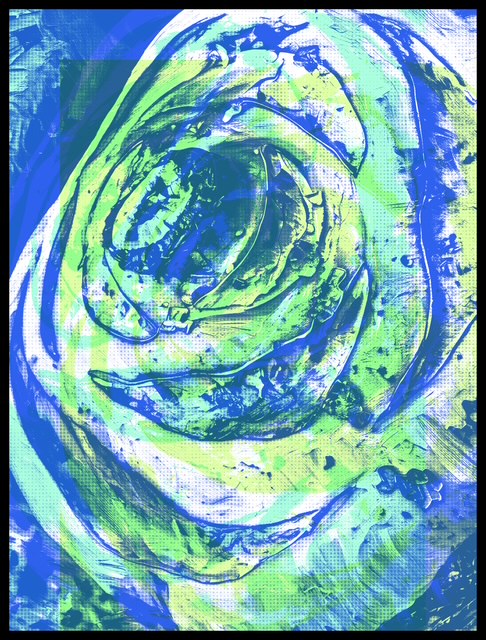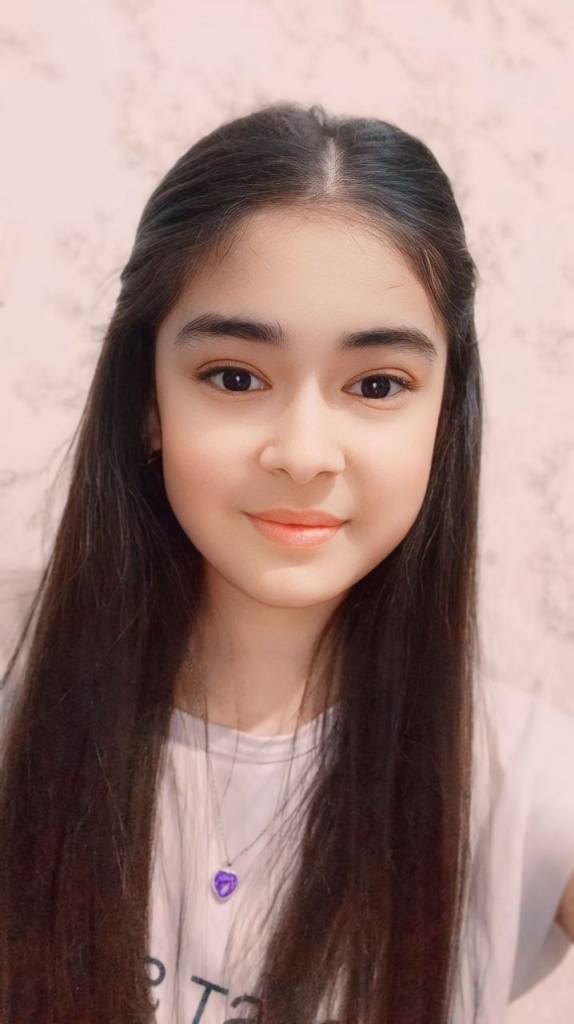
Poet’s Heart
No matter how much a poet writes,
Their words never end.
In this world, never ever,
Will the poet’s name die!
There are many professions, skilled individuals, and people with honorable titles in the world — and no matter how much we praise them, it seems not enough. Yet, there are such people in our lives whose hearts are constantly filled with passionate emotions, love, and divine feelings at every moment. They always look at existence through the eyes of the heart and express their unique and subtle feelings through the pen. Are you wondering who we are talking about? Of course — poets!
A poet. This is not just a title. Behind it lies a world of inner storms, emotional uprisings of the soul. As one of the great literary figures of the past century, Erkin Vohidov, once said:
A poet’s heart is like a pomegranate,
Its juice is their poetry.
Those of the poetic path
Have no mercy for their own heart.
Indeed, a poet’s heart is like a pomegranate. And their poem is the juice. Just as the tiny seeds of a pomegranate are crushed to produce its juice, so too the deepest feelings, emotions, sorrows and joys, hopes and dreams hidden within the poet’s heart are awakened. Like the scattered pomegranate seeds, the poet’s thoughts and reflections come together and bring about a spiritual stir in the heart, which results in the beautiful, divine lines we call poetry.
During the creation of a poem, there is no emotion left untouched in the poet’s heart. That’s why we say: a poet shows no mercy to their own soul. Poetry is a literary form that reflects all the feelings, impressions, and thoughts that occur in the human mind and heart.
The poetess Zulfiya defined poetry as follows:
“Poetry is the fruit of emotions, impressions taken from life, and reflections…”
A poem does not appear out of nowhere. Only true poets can create it. Merely rhyming two words or lines is not a sign of being a poet. A real poet’s heart contains loyalty to their homeland, love for their country, all living beings, and the Creator. It is these emotions of loyalty and love that inspire them to write poetry.
A poet finds joy, inspiration, and delight in every event. For example, some find inspiration in the quiet of golden autumn, in the gentle whispering of the trees, the rustle of falling leaves, or the pattern of rain. Others find inspiration in the soft call to prayer, the cry of an infant, the fleeting nature of this world, the worries and hardships of life. Their thoughts and desires give them no rest, not even for a second.
That is why one poem can fill our hearts with joy and pride, while another can immerse us in thought, connecting us with the pain of others. A true poet is someone whose heart overflows with patriotism, justice, humanity, goodness, courage, and bravery.
Such noble qualities are embodied in the poet Nazrul Islam. In Erkin Vohidov’s poem “Rebellion of Souls”, Nazrul is portrayed as a devoted poet who radiates light through his gaze, looks at the universe with a sense of wonder, and uplifts humanity with a sense of justice. From birth to death, he lives for his people, his nation, and never fears speaking the truth.
Even at the cost of his own life, he calls on all mankind to seek justice, truth, and human values. Yet, the masses see his actions as rebellious and imprison him.
The following lines from the poem express the true nature of a real poet:
If you are a poet,
Let your heart be ready
To be sacrificed for your people.
If you are a poet,
Let your people
Be your shield.
Over time, Nazrul Islam departs from this world, but his spirit lives on. The people make his golden words their guiding slogan.
At the end of the poem, Erkin Vohidov writes that Nazrul Islam’s spirit gave him no peace. The spirit of the character says to the poet:
Being a poet is like
A bleeding wound in the heart.
I do not wish for you, young one,
A peaceful life,
Or comfort.
Do not rest,
As long as you live.
Let inspiration bring you pain,
Be ill with poetry’s ache.
These lines awaken feelings of pride, bravery, and courage in today’s young writers. Through them, the poet’s spirit urges Erkin Vohidov not to write about fleeting pleasures or superficial beauty, but instead to live with the struggles of the people, the worries of his time, and to take poetry seriously.
Let’s refer to another work. In Abdulla Oripov’s “The Road to Paradise”, the central figure is a young man who was a poet in his lifetime. He wrote inspiring poems, was a good son to his parents, and harmed no one. He dies while trying to save a drowning girl during a flood. In the afterlife, he stands before the Balance Keeper who measures sins and virtues. The young man, hopeful that he may enter paradise, is surprised to find his good deeds weigh less than his sins.
He asks to see his greatest sin. The Balance Keeper shows him the burning souls of envious, dark-hearted people in hell. The point is that although the young man was given divine talent and a sharp pen, he used it only to describe mountains, nature, and romantic imagery, rather than to expose society’s evils or prevent wrongdoing.
This leads us to Abdulla Oripov’s profound words:
“A poet cannot isolate themselves in their own little world and write — they are connected through countless threads to the complex, conflicted, and heated life around them. Thus, they must live with the concerns, pain, and passions of their era…”
One of his quatrains also captures this well:
Don’t say a poet runs everywhere,
Neglecting the world’s burden.
They carry a mountain on their back,
Yet walk lightly like a bird.
Only when a poet takes on the burden of that mountain — not only their personal troubles, but also the problems of society — can they truly be called a poet.
In conclusion, today’s young writers must first and foremost possess patriotism, loyalty to the homeland, and a sense of humanity. For generations, our ancestors have passed down works that emphasize such noble qualities. Even knowing that writing them could risk their lives, they never feared spreading goodness and light.
Therefore, the writings and poems of today’s young authors must also become true weapons of goodness and patriotism for future generations.
Author: Xo‘jamiyorova Gulmira Abdusalomovna
Born on June 25, 2004, in Surkhandarya region. While studying at Secondary School No. 22 in Uzun district, she actively participated in Uzbek language and literature Olympiads and earned honorable places. In 2022, she was admitted on a state grant to the Termez State Pedagogical Institute. She is a graduate of Shine Girls Academy and the “Formula of Success” course, and a member of Kazakhstan’s “Qo‘sh Qanot” Union of Writers and Poets. Many of her scientific and promotional articles and authored poems have been published in international newspapers, journals, and collections, and she holds several international certificates.

